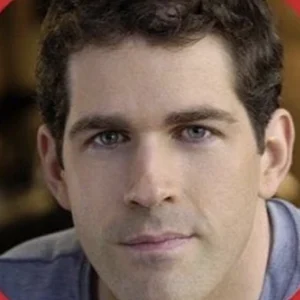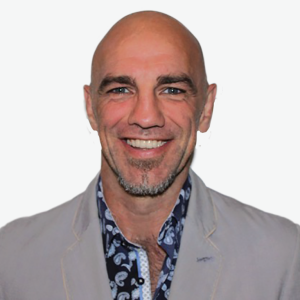EXERCISE SCIENCE
Exercise Myths: Industry icons, Paul Taylor and Michol Dalcourt separate the exercise science facts from the fiction.

When looking at health, fitness and movement, it’s important to look at biology as a whole.
We are housed within the confines of a unified, intricate system that is in constant communication with itself. Once we understand this, we can ensure our approach to lifestyle, fitness and health stays consistent with that viewpoint.
MYTH #1: Isolation Training is for all
Bodybuilding is what led to the rise in training of specific muscle groups. Isolated training is known to be very effective at building muscles (afterall, hundreds of thousands of bodybuilders can’t be wrong!).
Many people still train this way, with “Monday as chest day” and “Wednesday as legs day”, and while that can serve a certain purpose, for functional goals it may not be the best way forward. Even if you’re a bodybuilder that loves to train this way, can you really do it over a lifetime? The risk of ongoing isolation training is pattern overload and repetitive strain, which causes soft tissue injuries. Ultimately, isolation training is asking your body to perform in a way that it wasn’t built to sustain over a long period of time. This has been a driving force in the growth of the functional training movement. If we have the same inputs all the time, then it’s too much of the one thing.
MYTH #2: To be fit is to be healthy
When it comes to fitness versus health, research shows the fitter you are, the healthier you are and the longer you’re going to live. But dig deeper, and there are nuances at play.
Fitness and health are not synonymous. If someone is fit, that doesn’t necessarily mean they’re healthy. Think about psychological or emotional issues where exercisers are compelled to go way too far in their efforts. That compulsion then gets in the way of their life and physiology. For example, orthorexia is a real psychological condition that involves an unhealthy obsession with training and nutrition. This is certainly not a balanced situation; while an individual may be fit, if their emotional approach is not sustainable, they are unlikely to be healthy.
We need to deflect away from just fitness and performance as an outcome; we must also consider health as this will ensure that clients are getting the best care. We can still address the achievement of desired goals, which might be that they want to look a certain way or perform a certain way, while simultaneously creating a sustainable program that adds greater healthspan to lifespan!
MYTH #3: Recovery isn’t as important as the exercise intensity
Training loads are meant to be overreaching (i.e., one or more bouts where you are stressing your physiology) but chronic overreaching is overtraining, which results in excessive stress to your physiology.
Consider this: it’s hard to overtrain but very easy to under-recover. Over-training is still a dangerous thing but under-recovery is a whole other thing that we need to acknowledge and understand. We’re currently seeing an undercurrent beginning to bubble up around fitness and high performance living about how we can better engineer recovery. This is shaping up to be the next step in the evolution of fitness and health. Indeed, the physiology of corporate burnout can actually look almost identical to athlete overtraining syndrome. For example, high intensity exercise is a very popular part of many fitness regimes. Literature suggests a large cascade of benefits in terms of performance, body composition, muscular distribution, and impact on certain disease states. ®

DOWNLOAD THIS ARTICLE PDF HERE
- Exercise Myths: Industry icons, Paul Taylor and Michol Dalcourt separate the exercise science facts from the fiction.

Michol Dalcourt
Michol is an internationally recognised leader in health and human performance. He is the founder of the Institute of Motion and the inventor of ViPR PRO.

Paul Taylor
Paul is a neuroscientist, exercise physiologist and nutritionist who is currently completing a PhD in Applied Psychology. He is also the Founder of the Mind Body Brain Performance Institute.